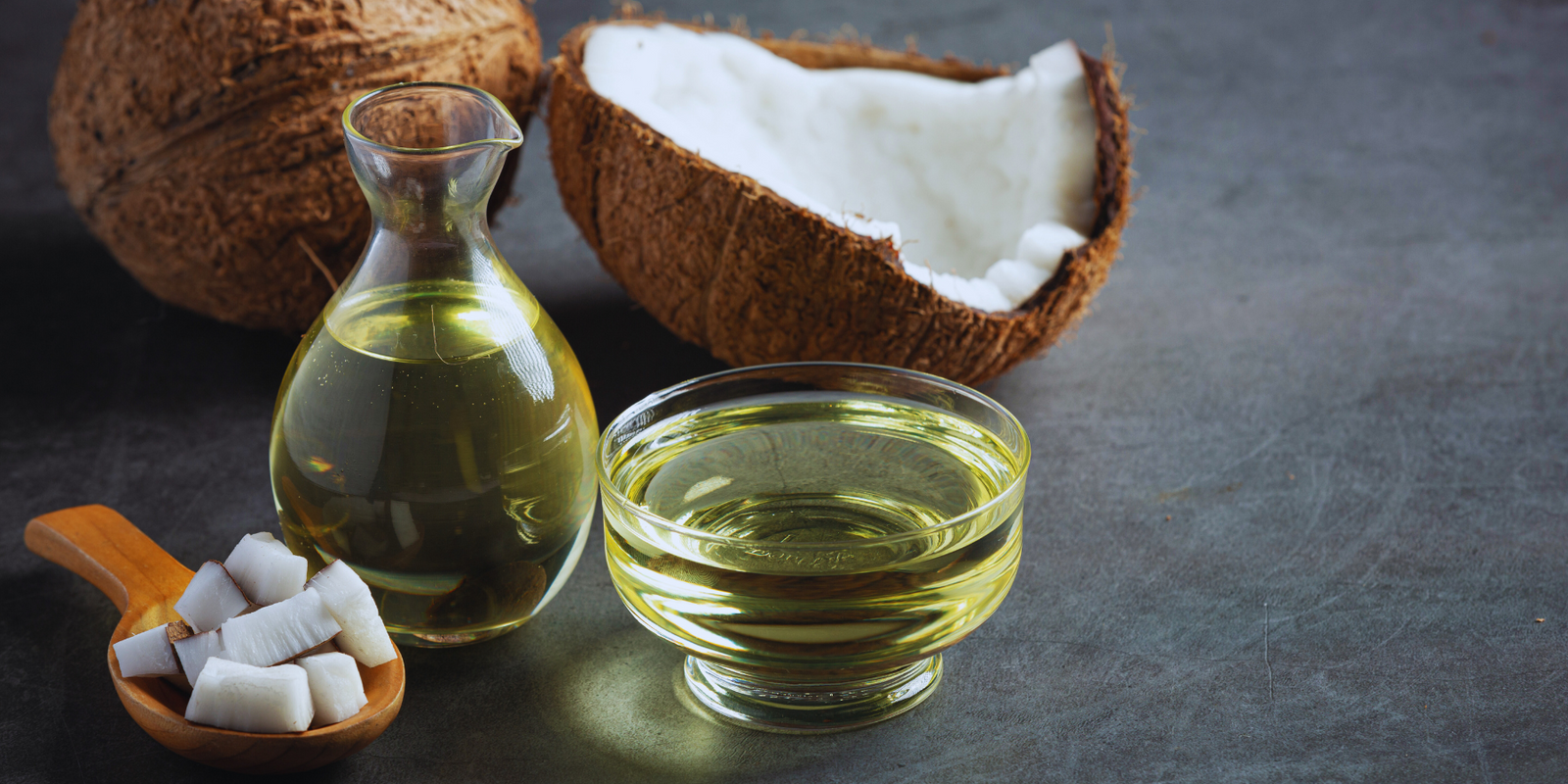EWG Verified & Leaping Bunny Certified | Free Gift $200+
EWG Verified & Leaping Bunny Certified | Free Gift $200+
Are Unscented Products Better For Your Skin?

Are Unscented Products Better For Your Skin?
Introduction.
When choosing skincare products, our decisions are critical for maintaining healthy skin. A hot topic that I encounter a lot in the skincare community revolves around scented versus unscented products. At first glance, unscented products seem like the safer, more skin-friendly option, especially for those with sensitive skin. But is the absence of scent really an indicator of a healthier product? The reality might surprise you. In this post, I’ll explain how unscented products are produced and why you might want to reconsider purchasing them if you want to achieve optimal skin health.
Understanding scent in skincare.
For some people, the idea of a skincare product having a scent inherently means that it is unhealthy for your skin. This couldn’t be further from the truth, but there is nuance here. There are two different categories of ‘scented’ products: those that are artificially scented for the sole purpose of providing a pleasing aroma and those that are naturally scented by their active ingredients. These couldn’t be more different from each other.
Artificially scented products.
Artificially scented products can be identified easily by looking at the ingredient list. If you see the word ‘Fragrance’ listed as an ingredient, you can be sure that the product contains artificial fragrance. What is artificial fragrance? It is a blanket term for a mixture of anywhere from a few to over 100 individual synthetic chemicals.
The FDA does not regulate the disclosure of these ingredients, so there is no way to know exactly what you are applying to your skin when using an artificially scented product. Many of the chemicals commonly used as fragrances have been proven to be irritating, if not damaging, to your skin and your overall health. What you put on your skin absorbs into your body and your bloodstream, and applying chemicals that have been linked to a number of health issues, particularly endocrine disruption, is never a good idea.
Naturally scented products.
On the other hand, naturally scented products derive their scent directly from the active ingredients themselves rather than from added artificial fragrances. These natural scents are a byproduct of the oils, botanical extracts, and other organic compounds rich in beneficial skin properties. For example, the soothing scent of lavender comes from its natural essential oil, which has powerful anti-inflammatory benefits.
Every natural ingredient has a different chemical composition, contributing to its unique scent. In naturally scented products, the fragrance isn't just an added element; it's an integral part of the formulation, indicating the presence of potent, skin-enhancing ingredients. So when you smell a naturally scented product, you are detecting the culmination of all the individual compounds that work towards improving the health and appearance of your skin.
The truth about unscented products.
Many people are drawn to unscented products, believing they are free from potentially irritating fragrances. As previously discussed, there are two categories of scented products, and it is definitely a good idea to avoid artificially scented ones. However, the term ‘unscented’ can be very misleading.
To achieve a product without a noticeable scent, manufacturers often have to go through extensive processing. This can involve adding additional chemicals specifically designed to mask the scent of the ingredients, such as phthalates or phenoxyethanol. Ironically, these masking agents can sometimes be more irritating to the skin than natural fragrances. Phthalates, in particular, have been linked to endocrine disruption, skin allergies, and skin irritation.
In fact, some ‘unscented’ products may actually contain artificial fragrance ingredients just like their scented counterparts! Artificial fragrance may be added to counteract and mask the scent of the other ingredients in the formulation. This process involves carefully selecting compounds that can neutralize or alter the perception of the existing smell without adding any new, detectable fragrance to the product. The result is a product that appears to be free of fragrance, even though it contains synthetic fragrance components.
This practice can be misleading for consumers who assume that "unscented" means completely free from any fragrance-related chemicals. In reality, the product may still contain synthetic compounds that could potentially cause skin irritation or allergic reactions, particularly in individuals with sensitive skin. Understanding this distinction is crucial for those who are looking to avoid synthetic chemicals in their skincare routine, as these hidden fragrance components may still be present under the guise of an "unscented" label.
Choose naturally scented skincare for optimal skin health.
Considering all this information, the healthiest choice for your skin is to opt for skincare products made from natural ingredients. Since natural ingredients inherently have their own scents, it's better to choose a naturally scented product rather than an unscented or artificially scented one. This ensures you're benefiting from the full spectrum of active, skin-enhancing compounds without using unnecessary and potentially skin-irritating synthetic additives.
All you need to do is read the ingredient list of a skincare product carefully before using it. If you see the terms ‘fragrance’, ‘artificial fragrance’, or ‘parfum’ listed, it is best to avoid them. Most unscented products are advertised as such, but reading the ingredient list can confirm that masking agents are used—the most common are cyclodextrins, zinc ricinoleate, and diethyl phthalate.
Flora Mirabilis- naturally scented to improve your skin.
When I formulated our Flora Mirabilis products, my primary focus was on their efficacy and skin safety, with the scent being a secondary consideration. I carefully selected ingredients for their ability to heal and genuinely improve the health and appearance of the skin. The resulting scent is simply a natural byproduct of these choices—fortunately, they smell great!
I occasionally receive inquiries about natural options with a milder scent. In these cases, I recommend using carrier oils for moisturizing and cleansing the skin. Carrier oils, such as Apricot Kernel oil, Jojoba oil, or Argan oil, generally have a much subtler scent compared to essential oils. In a face oil formula, carrier oils serve as the moisturizing component, while essential oils act as the serum. If you prefer to avoid the stronger scent of essential oils, using a carrier oil alone is a great option. This approach will still provide you with the moisturizing benefits, though with a slightly reduced anti-aging effect.
Conclusion.
In conclusion, there are two main types of scented skincare products: artificial and natural. Artificially scented products contain synthetic chemicals that can irritate the skin or cause allergic reactions. On the other hand, naturally scented products derive their fragrance from active, beneficial ingredients that not only enhance the skin's health but also offer a more holistic skincare experience.
While unscented products may seem like a safer choice, they often contain masking agents or other chemicals that can compromise skin health. For these reasons, it's best to avoid unscented products and instead choose naturally scented options that nourish and improve the skin's appearance.
References.
Also in Apotheca Edit

The Dangers of Designer Skincare
The price tag of luxury skincare doesn’t mean rare ingredients and better results. Many designer formulas prioritize packaging gimmicks and prestige over true skin health—often using silicones, synthetics, and preservatives that quietly damage your skin barrier. Learn about label transparency and why “premium” isn’t always better to reveal what skin nourishment really looks like.

The Top 10 Best (And Worst) Oils to Use On Your Face
I get asked all the time about using oils like avocado, olive, and coconut on the face—and the truth may surprise you. Not every “natural” oil is good for your skin. In this post, I break down the best and worst oils to use, what their comedogenic ratings really mean, and how to choose the ones that will actually nourish your skin instead of clogging it.

The Truth About Coconut Oil in Skincare: Why I Never Use It on the Face
While coconut oil does have benefits for skin and hair, its fatty acid profile makes it a less-than-ideal choice for facial skincare. If your goal is clear, youthful, and radiant skin, there are far better options.
Subscribe
Sign up to get the latest on sales, new releases and more …
Reviews
See why 1000's have simplified their skincare with Flora Mirabilis.
